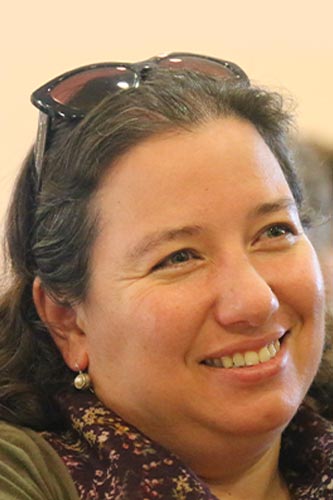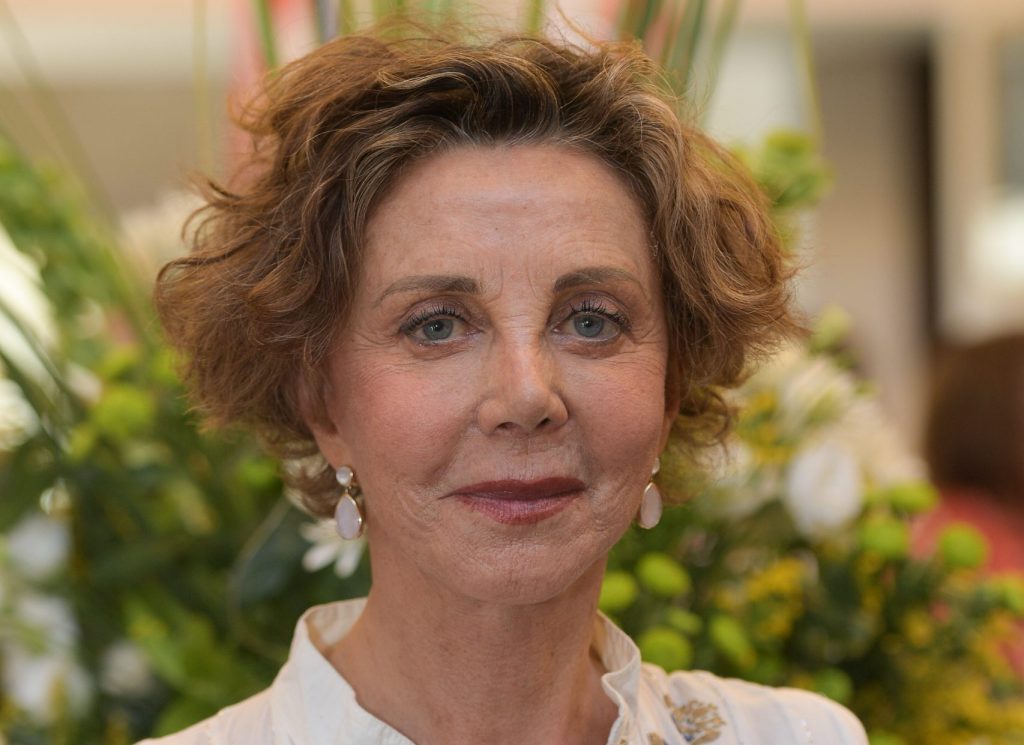
We are delighted to congratulate Prof. Inbal Goshen for winning the Prusiner-Abramsky Research Award for 2024. The title of Prof. Goshen’s proposal is “Astrocytes in the Behavioral and Molecular Symptoms of Alzheimer’s Disease”.
Inbal Goshen earned a double doctorate in neurobiology and psychology from the Hebrew University of Jerusalem, and then did her postdoctoral research in bioengineering at Stanford University. In the fall of 2012, she joined the Hebrew University as a principal investigator (PI) and established an independent research group to study astrocytes, a type of non-neuronal brain cell. Her lab looks at astrocytes from a novel angle, as local neuromodulators; her research has shown that astrocytes can signal reward (Doron…Goshen, Nature, 2022), affect neuronal plasticity and memory (Adamsky…Goshen, Cell, 2018; Kol…Goshen, Nature Neuroscience, 2020), and perform memory ensemble allocation (Refaeli…Goshen, Current Biology, 2023).
In the current research, Dr. Tirzah Kreisel from Prof. Goshen’s lab is using chemogenetic tools in astrocytes to study memory, plasticity, and physiology in a model of Alzheimer’s Disease (AD). Her preliminary results show that the memory impairment that accompanies the disease in the model is alleviated by two weeks of astrocytic activation, which also produces a reduction in Amyloid-β plaques, a common marker for AD. These effects were found to be long-lasting.
The next stage of Prof. Goshen’s research is to use using 2-photon microscopy to image Amyloid-β plaques and astrocytes before and after their chemogenetic activation. This will help visualize the process of Amyloid-β plaque shrinkage.





